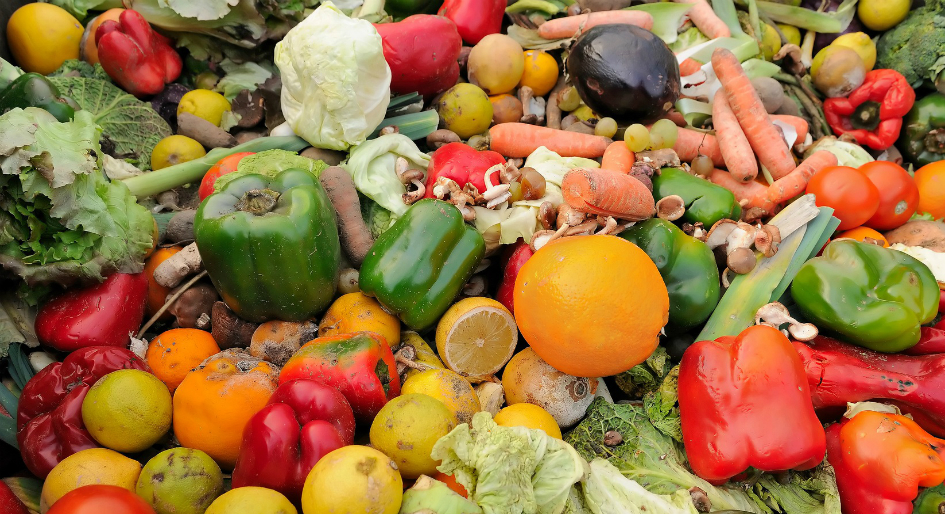A food rescue and organic waste diversion pilot targeting the industrial, commercial, and institutional (IC&I) sector has expanded to more jurisdictions of Alberta after successfully launching in Ontario’s Guelph-Wellington County.
The Circular Innovation Council is now looking for business and institutional participants in the Town of Westlock and Strathcona County who are interested in trialling food waste diversion to compost. Subsidized collections will launch in January 2024.
The pilot mimics the residential food waste collection model, consolidating collections amongst neighbouring businesses and institutions so they are able to work together to reduce the cost of collection. Businesses are first supported to redirect surplus edible food, if any, to community service agencies, keeping food at its highest value, while organic waste is collected and diverted from landfill to compost.
The nutrient-rich compost is applied to local regenerative mixed farms to improve soil health, sequester carbon, and reduce greenhouse gas emissions.
After 18-months of the pilot in Guelph-Wellington County, the initiative diverted 303 tonnes of organic waste and recovered $160,900 dollars-worth of surplus edible food, which means more than 48,000 meals were made available to those who face food insecurity.
Strathcona County will host this newest pilot to learn how the consolidated and shared collection model can help meet the County’s waste diversion and emission reduction objectives. The County is also interested in how the pilot can serve both an urban and rural setting. The pilot enhances access to affordable food waste diversion for businesses and institutions of all sizes, while connecting them with local charities to redistribute any surplus fresh food.
The Town of Westlock has invested in residential organics diversion, and is interested in understanding how the CIC model may help businesses and institutions in the region meet their waste diversion objectives by supporting equitable and affordable access to organics diversion for businesses and institutions of all sizes and types.
“The cooperative model shared between rural and urban communities is unique and critical to building the scale needed to coordinate investment and make the services affordable,” said Jo-Anne St. Godard, executive director, of the Circular Innovation Council. “The fact that the valuable compost will be utilized on local farms whose products could be sold within the community where the organics are collected fully completes the circle.”
The pilot received recognition from the Milan Urban Food Policy Pact’s biannual Global Forum as an internationally innovative food waste solution, selected from more than 250 programs submitted by 133 cities.
The IC&I sector is Canada’s largest generator of food waste.
Interested parties in Alberta can register on the Council’s website here.





